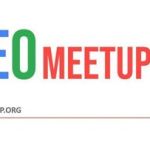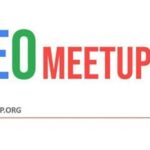SEO has gone through many incarnations since its inception, some historically bad and several recently good. Long gone are the days of keyword stuffing and using spam links to gain traffic. Good riddance, we say. Today, SEO strategy is focused on user experience and engagement. This is great for the consumer who simply wants to learn and have their needs met online, not be burdened with hard-to-ready copy and frustrating links leading to nowhere.
It’s good for the marketer too. SEO strategy is now easier to implement, even for the average small business owner. That doesn’t mean it doesn’t require any time, however. With diligence and persistence, it’s possible to rank well, gain great web traffic and convert your target audience. This is despite what you might hear about Google’s complex and frequent algorithm updates (they may rightly be complex and frequent, but SEO doesn’t require coding knowledge or extremely intensive research).
The basic idea underlying Google’s complex search algorithm is simple: provide good information to people who search on Google. Google’s objective to provide people the best experience possible, means sustaining simple activities on your part as an SEO Manager over time are sufficient to achieve positive results.
- Organize your content so it is easy to read
- Blog regularly so your site looks active
- Get inbound links from credible sources for a strong online presence
- Maintain a lively social-media presence
- Manage your technical environment to make sure Google can understand your site
- Measure measure metrics like keyword ranks, organic traffic and visitor behavior
Good SEO is not rocket science, but it does take time to do the right things right. Take a look at Entrepreneur’s post to learn more about why SEO is much easier than you think.



